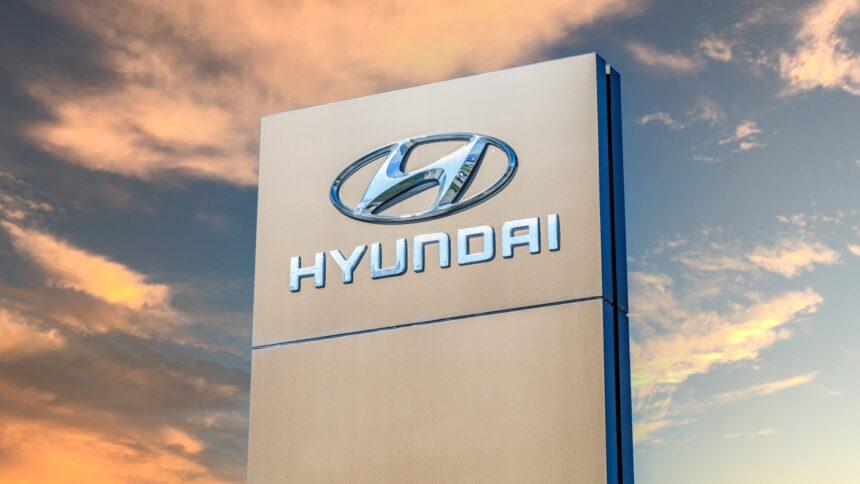South Korea’s Hyundai Motor is reportedly in discussions with Samsung Electronics to produce automotive chips for self-driving vehicles.
Hyundai is interested in utilizing Samsung’s automotive semiconductor production line, which employs the 5-nanometer “SF5A” process, for the mass production of autonomous driving chips that the automaker is developing. This collaboration, as reported by The Korean Economic Daily, is seen as mutually advantageous by industry insiders.
By partnering with Samsung, Hyundai aims to establish a stable domestic supply chain for its autonomous driving semiconductors, reducing reliance on foreign chipmakers like Taiwan Semiconductor Manufacturing Company (TSMC) and potentially leading to cost savings.
Securing Hyundai as a key client is expected to bolster Samsung’s presence in the growing autonomous chip market, which is projected to reach $29bn by 2030. This partnership could also open doors for Samsung to secure additional large-scale orders.
The automotive industry is increasingly focused on in-house development of autonomous driving chips, following the trend set by Tesla. Hyundai Motor, a part of the Hyundai Motor Group that includes Kia and Hyundai Mobis, has been enhancing its semiconductor development capabilities since last year and plans to launch vehicles with its own automotive chips by 2026.
Samsung has already established relationships with several chip designers and automakers for its 5nm automotive chip process. In 2023, Samsung secured a deal to manufacture Tesla’s next-generation full self-driving chips for level-5 autonomous vehicles, with mass production slated to begin in the next few years. This move follows Tesla’s previous partnership with TSMC for the production of the HW 5.0 auto chip.
Furthermore, Samsung and Tesla strengthened their technological collaboration after Samsung Group leader Jay Y. Lee met with Tesla CEO Elon Musk in May 2023.
The integration of advanced systems in vehicles, such as high-end infotainment and fully autonomous driving technology, reflects the industry’s shift towards more “software-defined” vehicles.
For more industry insights and daily news updates, sign up for our newsletter to stay ahead in the automotive technology landscape.








